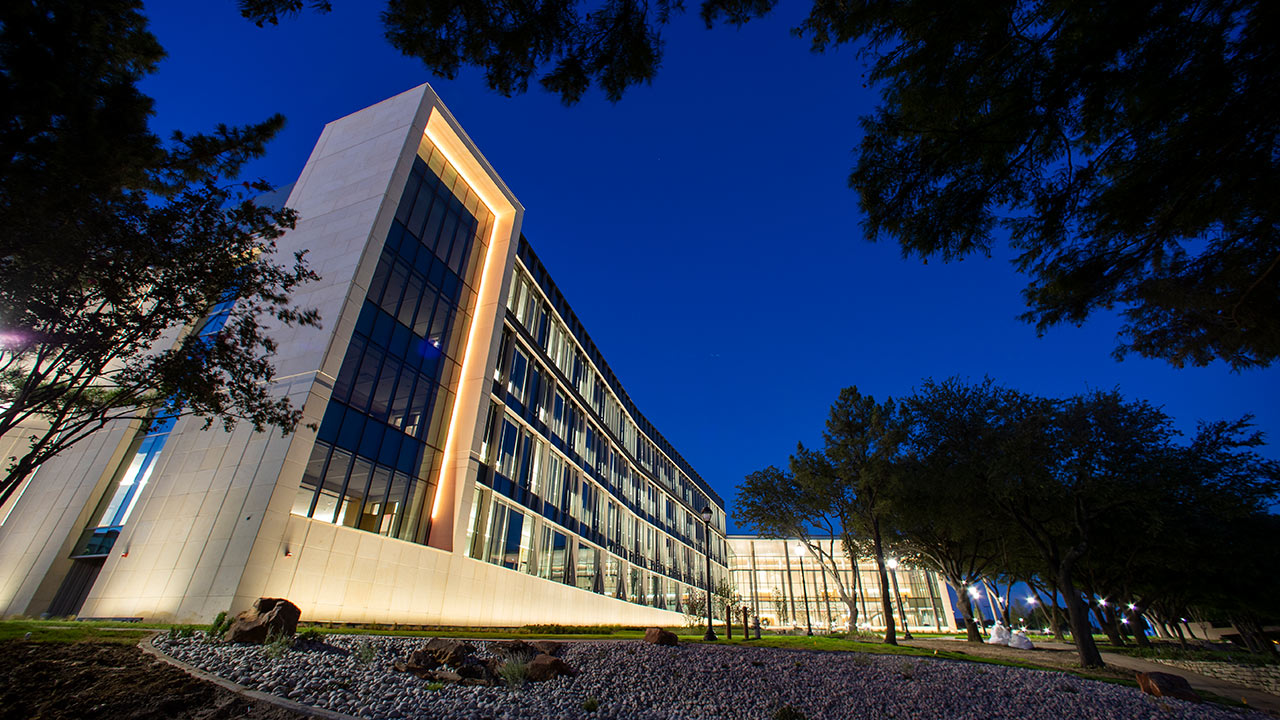Mentorship
From: Introduction to the Responsible Conduct of Research.
by Nicholas H. Steneck
While conducting investigations, researchers often assume the added role of mentors to trainees. The mentor-trainee relationship is complex and brings into play potential conflicts.
Common sense suggests that good mentoring should begin with:
- A clear understanding of mutual responsibilities,
- A commitment to maintain a productive and supportive research environment,
- Proper supervision and review, and
- An understanding that the main purpose of the relationship is to prepare trainees to become successful researchers.
Mentoring is the social foundation of research. The role of the mentor is also often complex and takes many forms. A true mentor is typically someone who possesses:
- Experience with the research and challenges that trainees face.
- The ability to communicate that experience.
- The willingness to do so.
- A special interest in helping another person develop into a successful professional.
A mentor might be a faculty adviser, a laboratory director, a fellow student, another faculty member, a wise friend, or simply another person with experience. For our purposes, a trainee or protégé in the research setting includes anyone in a junior or apprentice position, such as an undergraduate or graduate student, a postdoctoral fellow, or a junior research or faculty member.
There are many needs of a trainee for which the mentor can contribute, including technical development, communication skills, career development, writing a grant proposal, socialization, standards of responsible research conduct, and time management. A particularly important mentoring role is that of advocate. There are times when the mentor has to step forward and defend or advocate for the trainee, and others when it would be inappropriate to do so.
Just as science trainees have a responsibility to seek mentors, scientists have a complementary responsibility to become mentors. Taking a direct role in helping to train the next generation of scientists should not be optional - it should be part of the definition of a scientist. For this reason, the enterprise of science depends on effective communication not just about the science but about the practice of science, standards of conduct, and ethical and social responsibility. This obligation extends to all members of the community, not just senior researchers. For example, it is likely that a newly arrived undergraduate student could benefit from the mentoring of a graduate student, technician, or even a more senior undergraduate.
